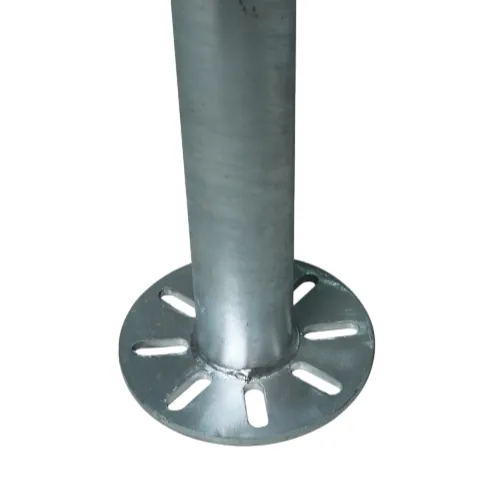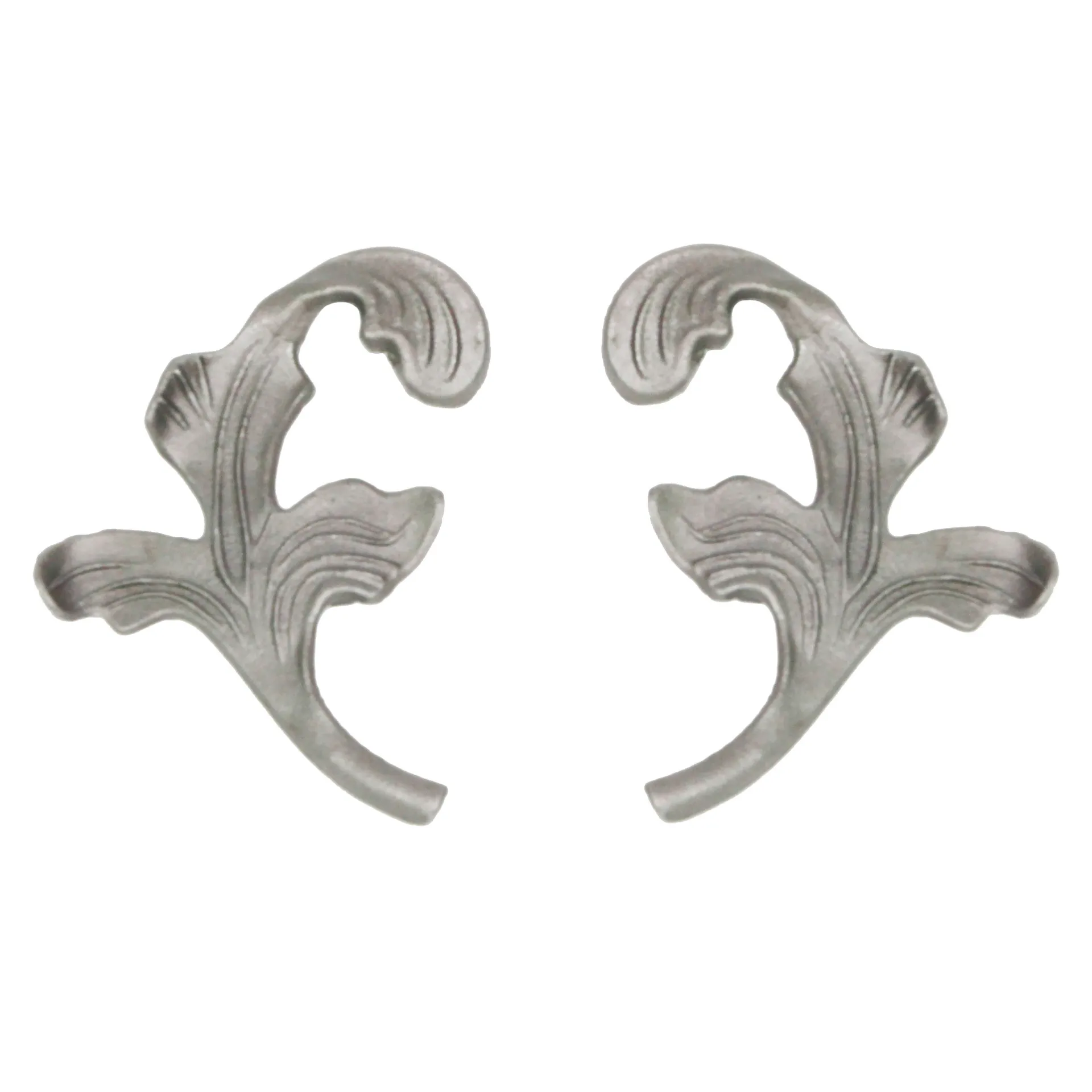
Feb . 12, 2025 20:51
Back to list
heavy duty metal gate hinges
When it comes to securing a property, whether it's a residential home or a commercial facility, the choice of gate hardware can significantly impact both security and aesthetics. Heavy duty metal gate hinges are a critical component of this infrastructure, providing stability and longevity. This write-up explores the essential characteristics of these hinges, their benefits, and expert tips for choosing the right ones.
Another crucial aspect is the type of hinge mechanism. There are various types, including butt hinges, piano hinges, and strap hinges, each designed to cater to different gate requirements. Butt hinges, commonly used in residential settings, are compact but mighty, offering seamless operation for lightweight to medium gates. For larger gates, strap hinges come into play. Their extended arms provide added leverage, facilitating easier movement and greater control. Piano hinges, running the full length of the gate, distribute weight evenly and are particularly handy for extra-long or double gates, ensuring consistent alignment over time. Installation precision significantly influences the performance of heavy duty metal gate hinges. Incorrect installation can lead to misalignment, increased wear, and potential gate sagging. Therefore, it's paramount to engage professionals who understand the nuances of hinge installation. They can ensure that hinges are perfectly aligned and capable of handling the dynamic forces imposed by opening and closing the gate. Regular maintenance further extends the lifespan of metal gate hinges. Simple actions like lubricating the pivot points, checking for rust, and tightening loose screws can prevent potential hinge failures. Wrought iron may need occasional repainting or sealing to keep rust at bay. Thus, a preventative maintenance schedule recommended by an expert can preserve the integrity and appearance of these hinges for years. In summary, heavy duty metal gate hinges are fundamental in supporting the functionality and security of gates. Choosing the right hinges involves understanding material benefits, load capacity, hinge type, and installation practices. Consulting with professionals ensures that you select and maintain hinges that withstand the test of time and environmental challenges. This thoughtful selection not only enhances property security but also elevates its aesthetic value, making a significant contribution to the overall appeal and safety of your space. Trust in expert advice and robust materials ensures that your gates operate smoothly and reliably, safeguarding what matters most.


Another crucial aspect is the type of hinge mechanism. There are various types, including butt hinges, piano hinges, and strap hinges, each designed to cater to different gate requirements. Butt hinges, commonly used in residential settings, are compact but mighty, offering seamless operation for lightweight to medium gates. For larger gates, strap hinges come into play. Their extended arms provide added leverage, facilitating easier movement and greater control. Piano hinges, running the full length of the gate, distribute weight evenly and are particularly handy for extra-long or double gates, ensuring consistent alignment over time. Installation precision significantly influences the performance of heavy duty metal gate hinges. Incorrect installation can lead to misalignment, increased wear, and potential gate sagging. Therefore, it's paramount to engage professionals who understand the nuances of hinge installation. They can ensure that hinges are perfectly aligned and capable of handling the dynamic forces imposed by opening and closing the gate. Regular maintenance further extends the lifespan of metal gate hinges. Simple actions like lubricating the pivot points, checking for rust, and tightening loose screws can prevent potential hinge failures. Wrought iron may need occasional repainting or sealing to keep rust at bay. Thus, a preventative maintenance schedule recommended by an expert can preserve the integrity and appearance of these hinges for years. In summary, heavy duty metal gate hinges are fundamental in supporting the functionality and security of gates. Choosing the right hinges involves understanding material benefits, load capacity, hinge type, and installation practices. Consulting with professionals ensures that you select and maintain hinges that withstand the test of time and environmental challenges. This thoughtful selection not only enhances property security but also elevates its aesthetic value, making a significant contribution to the overall appeal and safety of your space. Trust in expert advice and robust materials ensures that your gates operate smoothly and reliably, safeguarding what matters most.
Prev:
Next:
Latest news
-
Unique Design Ideas for Wrought Iron Wall DecorNewsJul.21,2025
-
Stainless Steel Pulley for Marine ApplicationsNewsJul.21,2025
-
Safety Features in Industrial Track PulleyNewsJul.21,2025
-
Precision Tolerances for 2 Inch U Groove WheelsNewsJul.21,2025
-
Iron Fence Spears Corrosion Protection MethodsNewsJul.21,2025
-
Iron Decorative Panels for Balcony ScreensNewsJul.21,2025
-
Industrial Applications Requiring Heavy Duty PulleyNewsJul.21,2025












